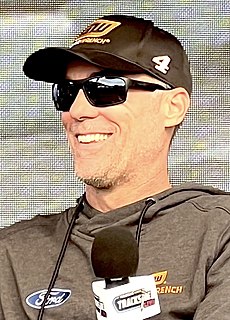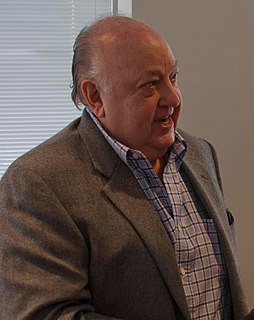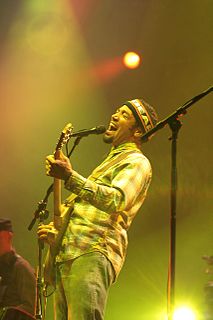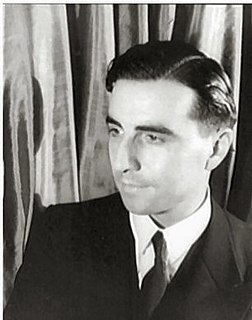A Quote by Eugene H. Peterson
I didn't write because I had anything to say, but in order to find out what there was to say.
Related Quotes
Thoughts are created in the act of writing. [It is a myth that] you must have something to say in order to write. Reality: You often need to write in order to have anything to say. Thought comes with writing, and writing may never come if it is postponed until we are satisfied that we have something to say...The assertion of write first, see what you had to say later applies to all manifestations of written language, to letters...as well as to diaries and journals
Everything I write doesn't appear to be biography until later. I often say that I've never written about anything I've experienced. Of course, that's not true. But it doesn't appear familiar to me at all. And maybe that's because I have to be in a kind of coma in order to write. If it appeared familiar, I wouldn't.
They [candidates] say, "I don't want to say anything controversial." And so nobody covers them. Then they blame the journalists, saying "Why don't they write down what I said?" In congressional races, 90 percent of the time the answer is, "Because you are boring and you don't have anything that makes me interested in listening to you. Why the heck should somebody write it down? There's nothing here worth hearing."
It's interesting that I had such a close relationship with my grandfather. Because your parents always judge you: they say, 'You shouldn't do this, you shouldn't do that.' But with your grandparents you have a feeling that you can say anything or you can do anything, and they will support you. That's why you have this kind of connection.






































